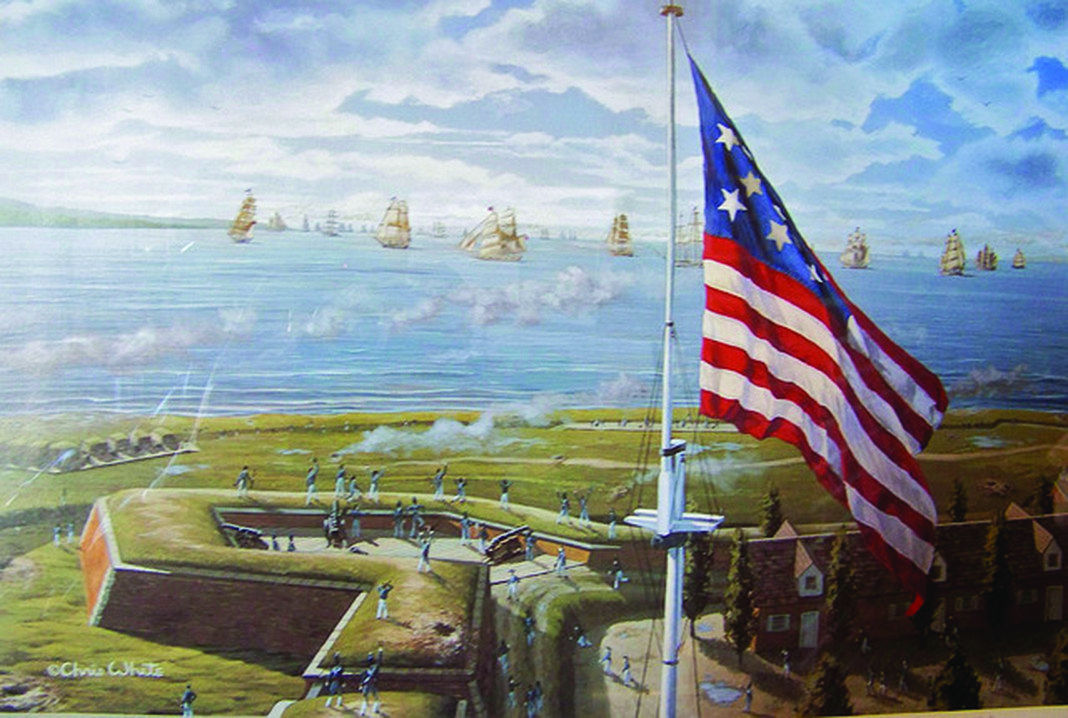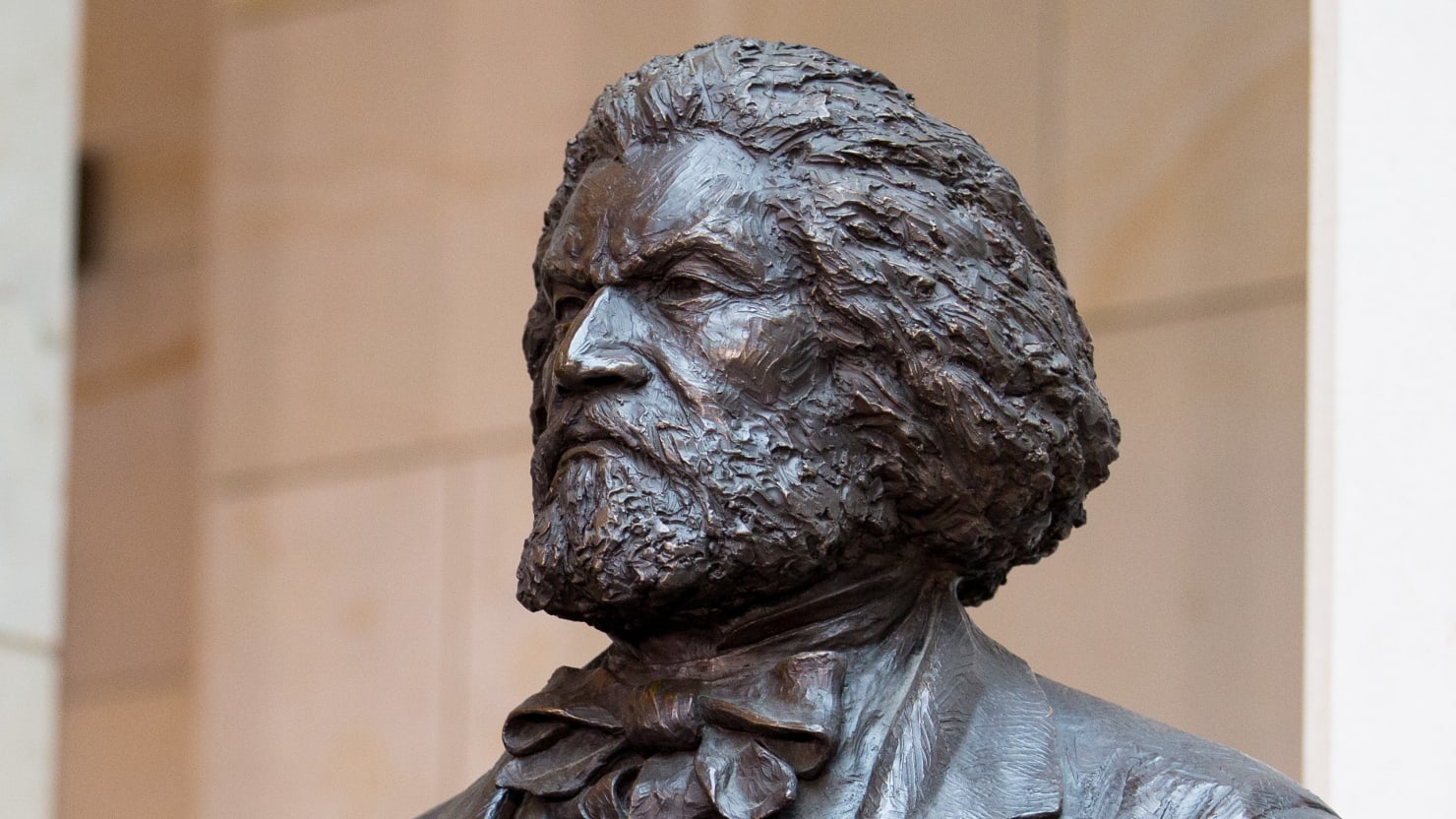This whole worldwide Pandemic and Social Media thing has created a wonderful social science experiment. Since I have no real need to publish research papers, I’ve kind of
watched it all unfold and have listened as my lovely wife has interjected her opinions. I think of myself as a kind of a center of the road person. I certainly tend toward conservative in my beliefs, but see the value of social programs. The older I’ve become the more I distrust the government to be magnanimous and see politicians as more self-serving than selfless servants. I would love for a progressive to explain to me how they would implement universal health care so we as a nation can afford it without going deeper in debt, but that seems to be a lost cause. All anyone wants to do is create a bigger and more expensive government, and therein lies my frustration. But let’s put all that aside and get back to this grand social experiment playing out before our eyes.
Beginning at the end of last year or the first of this year the Chinese coronavirus, now known as COVID-19 began its spread from Wuhan to take over the world. It hit first in China (obviously) and then spread to Europe, the USA, South America, and beyond. As of today, 20 July 2020, there are 14,766,464 cases and 611,750 dead from this virus. I suppose we could get into the who’s and how’s of the virus, but that seems kind of pointless. What I would like to talk about is how various people, and to some extent, various governments have managed the risk of contamination and treatment, and how various messaging is played out on social media.
As we saw the spread and the lethality of this virus rapidly strike Italy and then Spain, and its first indications here in the U.S. there was a sense of panic and a variety of actions taken by the governments. Of course, here in the U.S., the Congress was more interested in Impeachment than any little old Pandemic, but as soon as that was behind them, they found time to make the whole issue of management a big political furball. Trump could do no right, and the Democratic party could do no wrong. The media played this over and over again on the nightly news, even when the statistics seemed to fail their claims.
What that political battle did accomplish was to leave each of us individuals trying to sort out who to believe, what the actual risk to us and our loved ones was, and what should each of us do to protect ourselves and our families. We had medical experts, research experts, statisticians, and politicians all offering us opinions on what was or wasn’t right at any instant in time.
For example, the World Health Organization went from human to human transmission is unlikely, to yes it was. All the talking heads told us masks don’t work, then to yes, they do. Social distancing was our best defense, to masks and social distancing was important. Groups of 10 could meet, but 11 was too many. Restaurants must close, but take out was okay. Churches must close but protests were okay. The list goes on and on.
So, as I watch the meme wars and all the social media posts we are now at a point where we are “discussing” the return to school options. Of course, there are almost as many opinions on what we should or should not do as people are willing to offer those opinions.
As this all plays out what I find most interesting is how our fear seems to be manifest by our political orientations. The DNC has, as their principal argument against Trump and the GOP argued that this virus is so deadly, we must remain locked down until it a) disappears, or b) we have a vaccine capable of preventing it. Both options conveniently come after the election of November 2020. The President and the GOP are arguing the economy can’t survive until then and we must reopen and resume a somewhat normal life. Both positions come from science, unfortunately, it is not medical science but political science.
We see experts claim Democratic states (which are responsible for about 70% of all deaths) are doing a bang-up job. Those who follow that position are in absolute fear of resuming their lives. We see irrational arguments of how risk is multiplied beyond what is reasonable based not on science but on impression.
How do we ever develop a reasonable approach when your political orientation defines your ability to understand risk?




